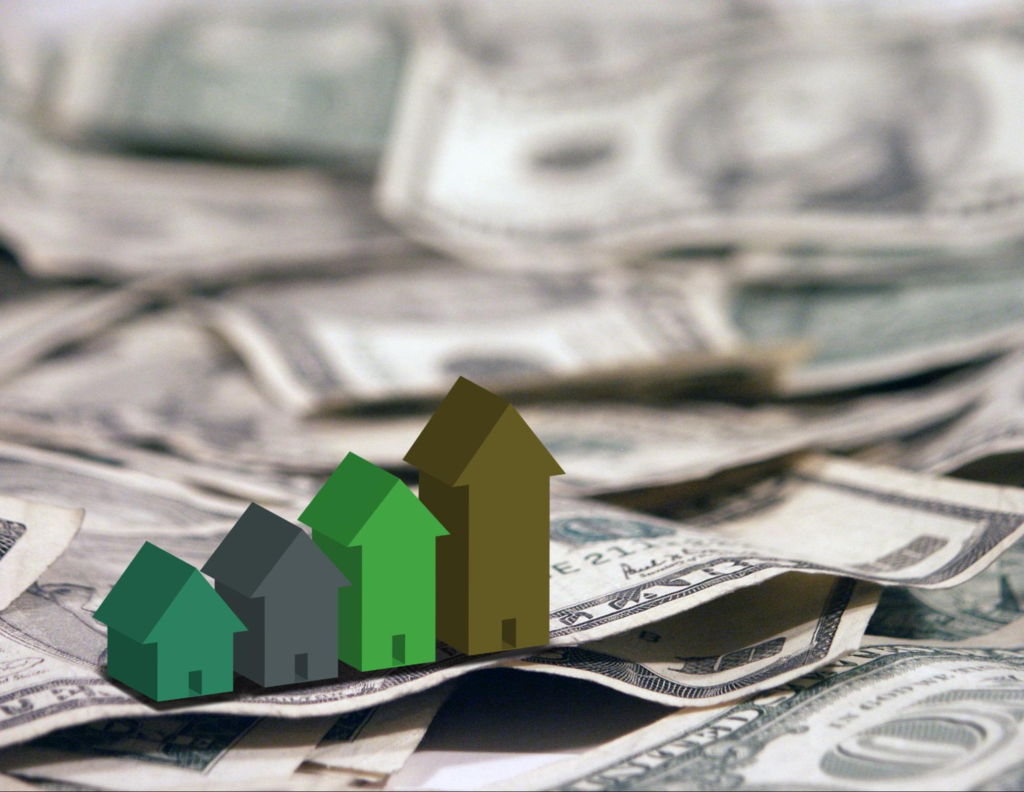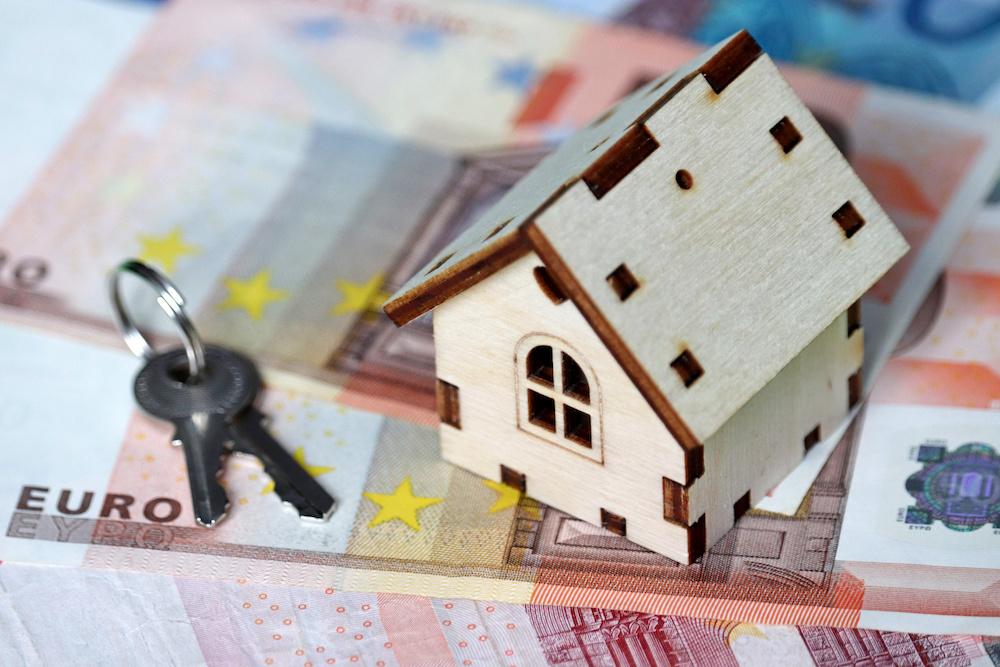Economic cycles play a pivotal role in shaping the real estate market, influencing everything from house valuations to buyer and seller behavior. Understanding how these cycles affect property values can provide crucial insights for homeowners, prospective buyers, and investors alike, helping them make informed decisions based on the broader economic context.

Understanding Economic Cycles
Economic cycles consist of periods of expansion, peak, contraction, and trough, each impacting real estate in distinct ways:
- Expansion: During expansion, the economy grows as evidenced by increased industrial activity, employment, and consumer spending. This growth fosters a positive environment for real estate as more people can afford to buy homes, pushing demand and house prices upward. Lenders are also more willing to issue mortgages, which further stimulates the housing market.
- Peak: At the peak of an economic cycle, the economy operates at its maximum output. While it may seem like a good phase, it often leads to overheating, resulting in increased interest rates to curb inflation. High interest rates can limit borrowing capacity for home purchases, potentially stalling price increases.
- Contraction: In this phase, economic activity slows down, leading to decreased consumer confidence and reduced spending. Unemployment rates may rise, and wages may stagnate or fall, reducing the number of potential homebuyers in the market. As demand decreases, house prices may drop, creating a buyer’s market.
- Trough: The trough represents the lowest point of the economic cycle. While it is a challenging period, it often marks the beginning of recovery as economic indicators start to improve. For the real estate market, this phase can present opportunities for buyers to purchase properties at lower prices before the next cycle of economic growth begins.

Impact on House Valuations
House valuations are directly influenced by these economic cycles:
- During periods of economic expansion and peak, property values typically increase as demand outstrips supply. Sellers can command higher prices, and properties in desirable locations may see their values rise significantly. Reaching out to a well-known UK house valuation service can ensure you have the most up-to-date knowledge of your home’s worth.
- Conversely, during contraction and trough phases, house valuations may decline. This can be a result of increased supply due to foreclosures, coupled with diminished demand as potential buyers face economic uncertainty.
What It Means for You
For Homeowners: Understanding economic cycles can help homeowners decide when to sell or refinance. Selling during a peak period may yield higher returns on your property. Conversely, if you’re looking to refinance, doing so during a trough might secure lower interest rates.
For Buyers: Potential buyers can benefit from purchasing during a downturn when property prices are lower and less competition exists. However, securing financing might be more challenging during these periods due to stricter lending criteria.
For Investors: Real estate investors need to recognize the best times to enter and exit the market based on economic cycles. Buying during a trough and selling during a peak can maximize profits.
Conclusion
Economic cycles are fundamental forces that shape housing markets and house valuations. By understanding these patterns, individuals can better navigate the complexities of buying, selling, and investing in real estate. Monitoring economic indicators such as GDP growth, employment rates, and consumer confidence can provide valuable clues about the current phase of the economic cycle and its potential impact on real estate values, empowering you to make strategic decisions in the housing market.







